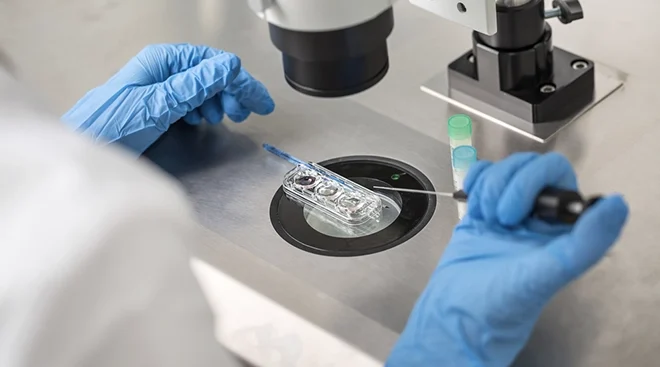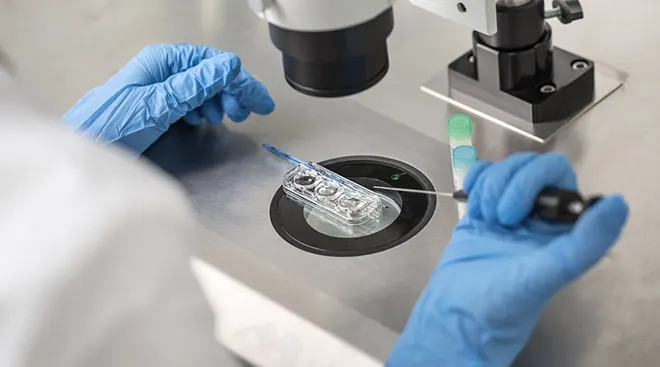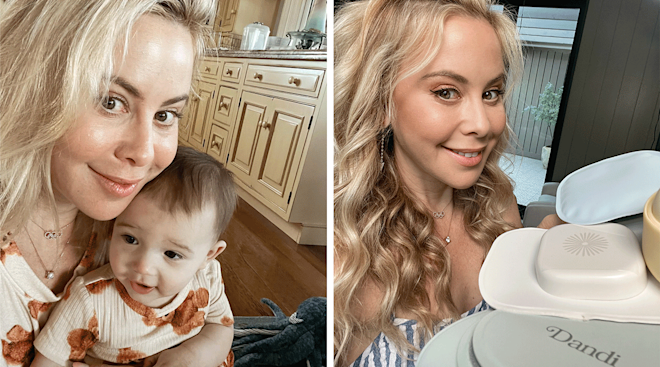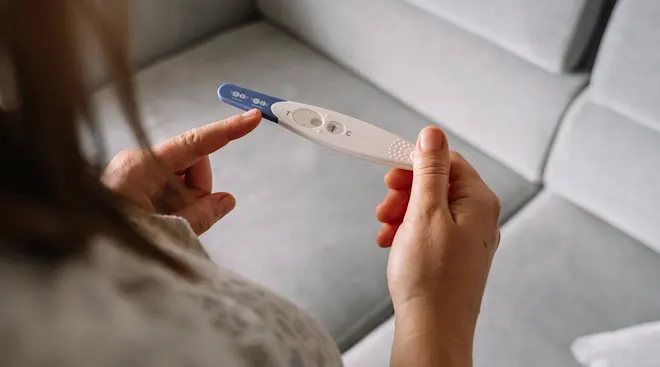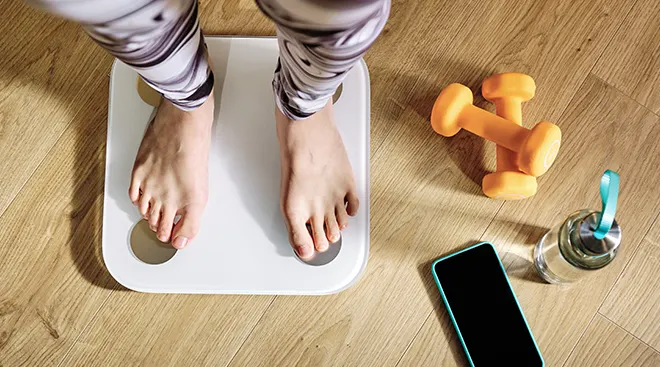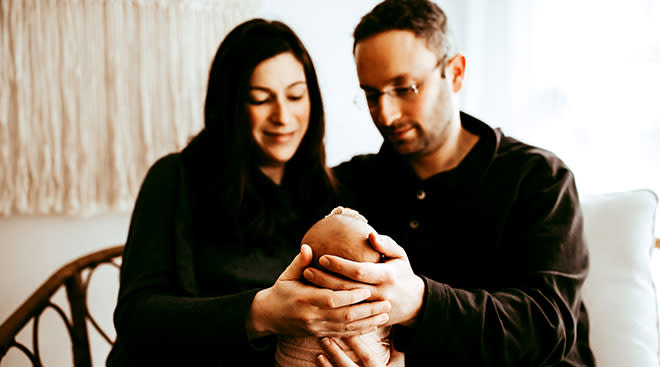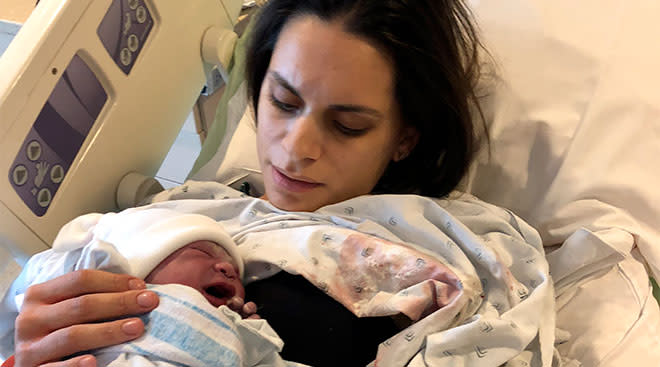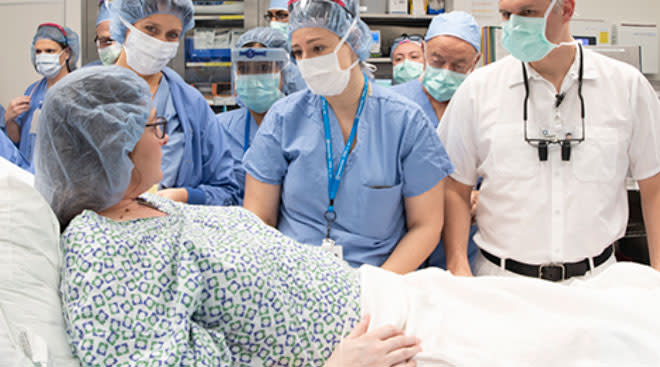New Protein Discovery Could Make Fertility Treatments More Successful
You may be surprised to hear that 1 in 6 couples around the world have trouble getting pregnant. Of these people who struggle to conceive naturally, for about half, the reason behind their infertility remains unexplained.
In hopes of clearing up these mysteries, more research than ever before has gone into what might cause infertility. Now, scientists are optimistic about a breakthrough that could increase the success rate of modern fertility treatments.
In the first study of its kind, researchers at the University of Sheffield created artificial eggs using thousands of beads, each with a different piece of protein on its surface so that sperm could bond with them. After several rounds of removing any beads that didn’t have sperm bound to them, researchers were eventually left with beads corresponding only to the protein MAIA—and sperm bound to all of these beads.
Intrigued by this development, scientists inserted the gene corresponding to MAIA (named after the Greek goddess of motherhood) into human cells. They observed that the cells attracted the sperm the same way they would during natural fertilization.
“The ingenious artificial fertilization technique which enabled us to identify the MAIA protein will not only allow scientists to better understand the mechanisms of human fertility but will pave the way for novel ways to treat infertility and revolutionize the design of future contraceptives,” Professor Harry Moore, the lead investigator of the study said in a news release.
While more research is undoubtedly needed, researchers believe MAIA’s ability to attract and help sperm fuse with an egg could be crucial in helping doctors understand infertility and develop new treatments.
If you are struggling with infertility know that you aren’t alone. Check out these 11 Ways to De-Stress While You’re Trying to Conceive and consider talking with your doctor about the latest options that might work for you.
Please note: The Bump and the materials and information it contains are not intended to, and do not constitute, medical or other health advice or diagnosis and should not be used as such. You should always consult with a qualified physician or health professional about your specific circumstances.
Navigate forward to interact with the calendar and select a date. Press the question mark key to get the keyboard shortcuts for changing dates.

































